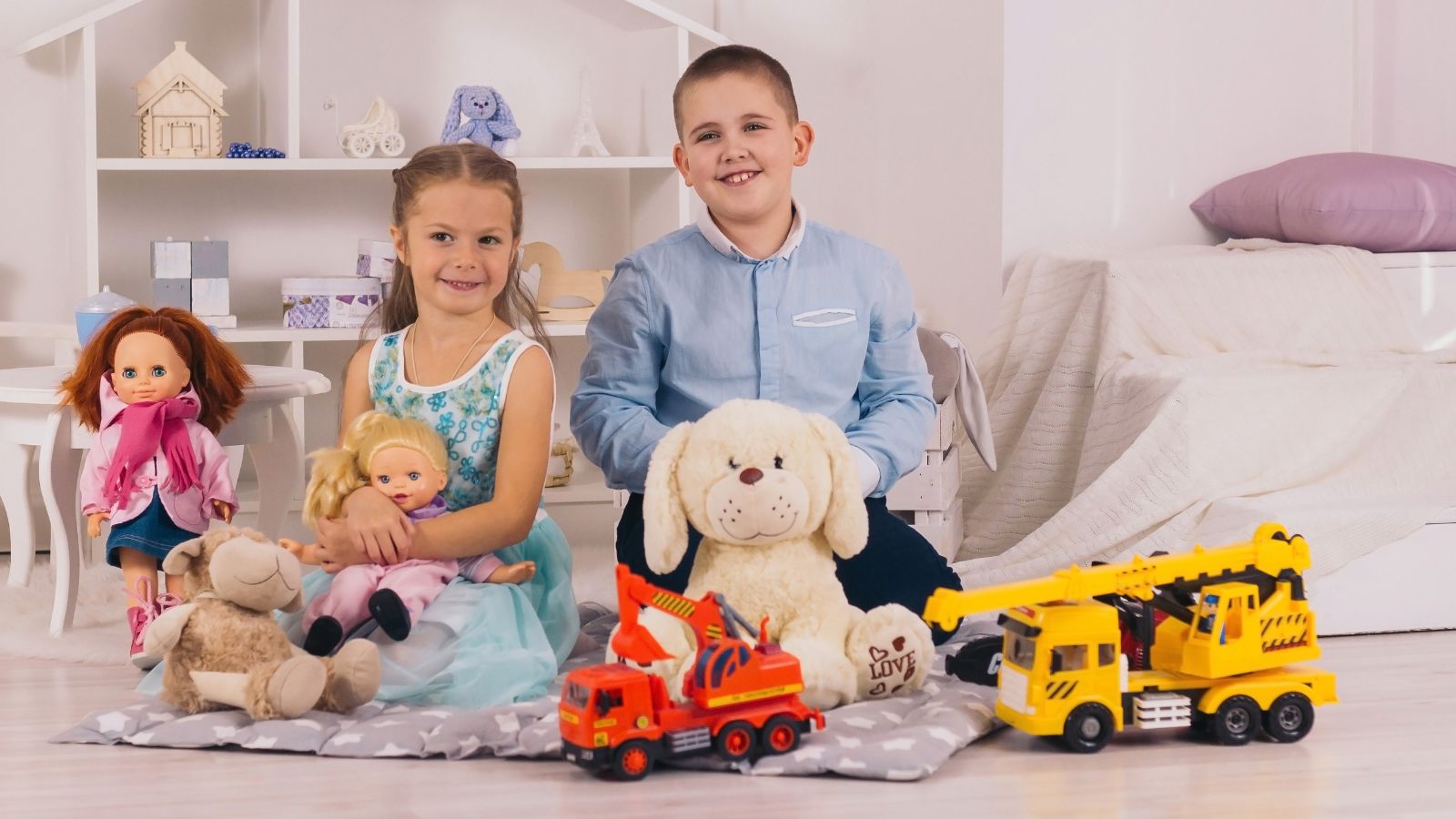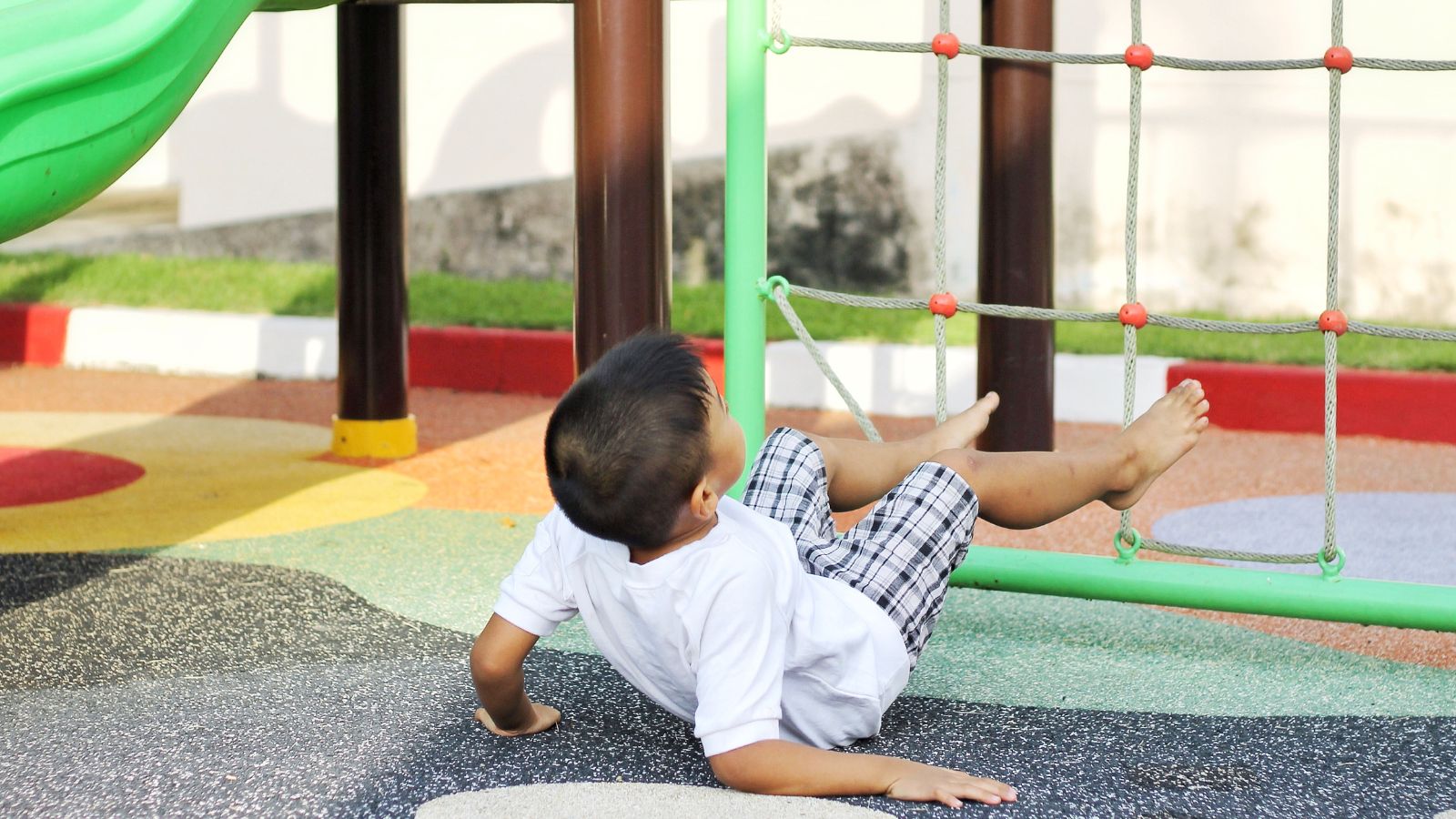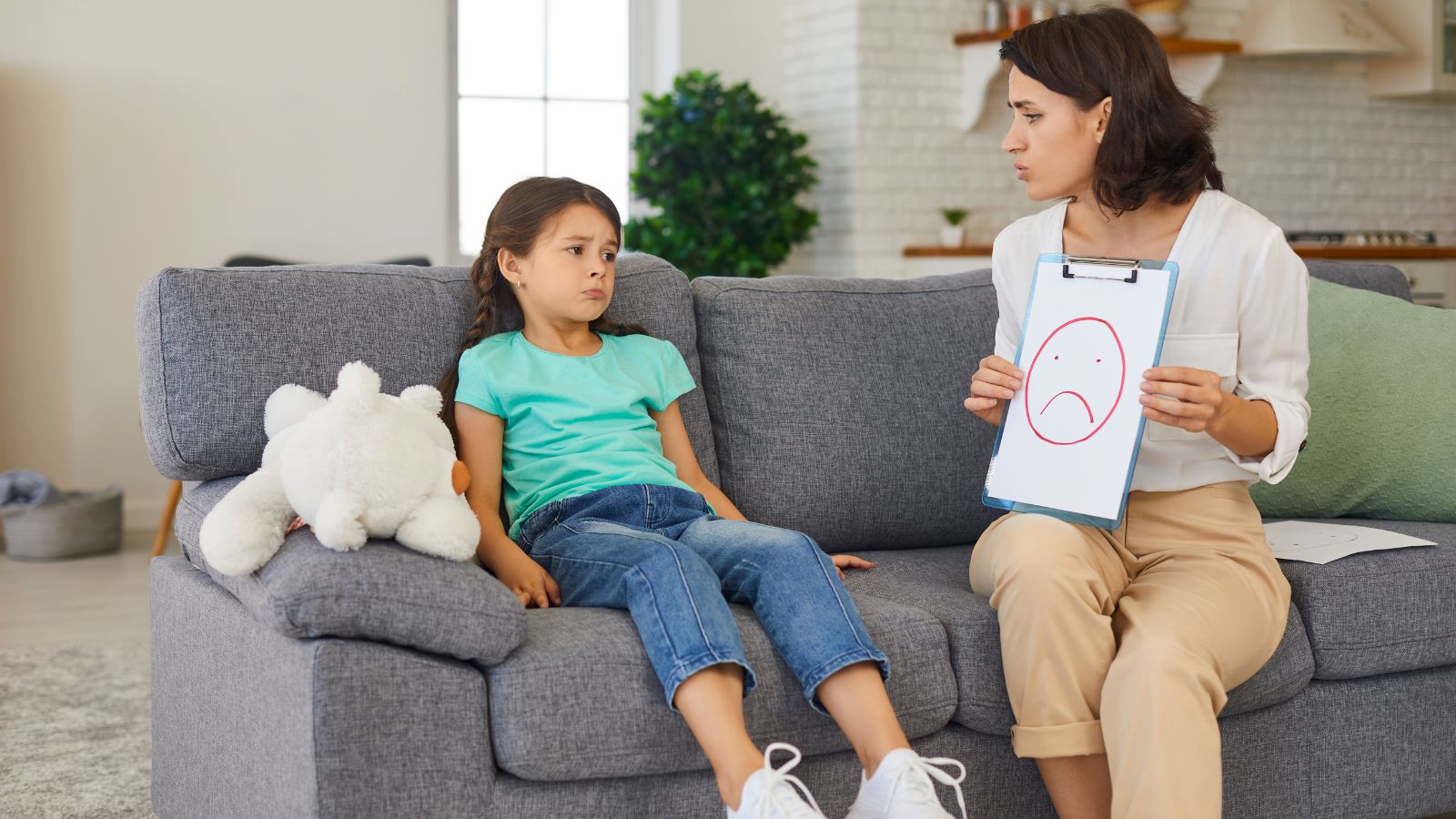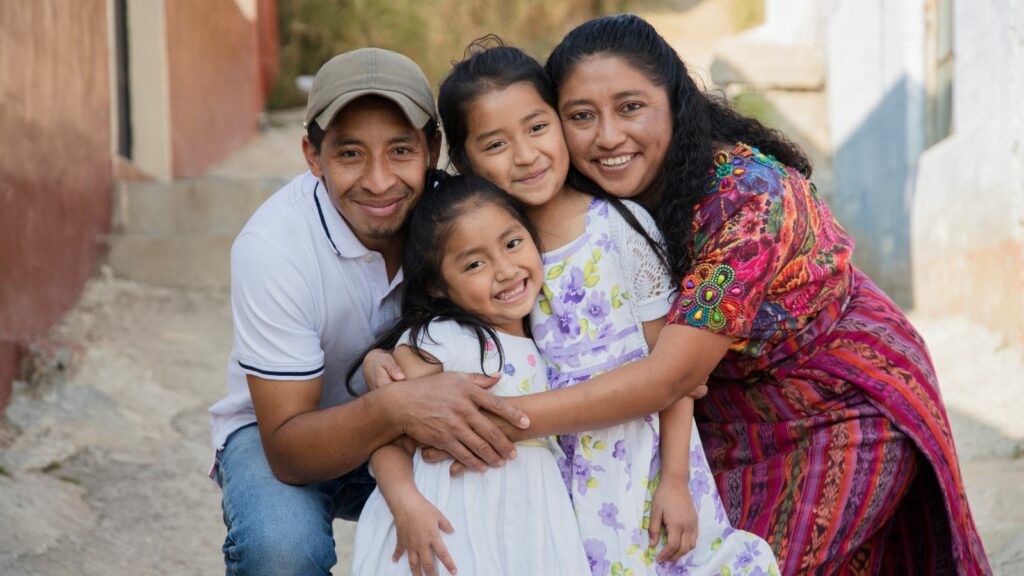In 2024, an increasing number of people worldwide will opt to live a child-free life. This choice, once considered unconventional, is becoming more mainstream. The decision to forego parenthood is often deeply personal, but surprising and varied reasons drive this trend. Let’s explore the 19 most surprising factors influencing this societal shift.
Financial Independence Over Family Expansion

Modern families prioritize financial independence over family expansion. This is because their incomes can’t keep up with the soaring housing prices, healthcare costs, and increasing cost of education. That’s why most families prefer to become financially independent first before becoming parents.
Focus on Career Growth

Children bring joy to life, but they also have to be taken care of for years until they can tend to themselves. Many individuals find it difficult to focus their energies on both their children and the career they’ve so passionately chosen. Child-free individuals can also focus entirely on their professional lives, making a financially stable life for themselves.
Desire for Travel and Experiences

Many modern couples are passionate about adventure, exploration, and experiencing different cultures and traditions. For such couples, children are a responsibility between their passion and desire to live a spontaneous life.
Environmental Concerns

Environmental concerns are another factor behind people’s choice not to have kids. These individuals deeply care about the planet and believe controlling the population is necessary to protect the environment and conserve the planet’s resources.
Concerns About Overpopulation

The growth rate of the planet’s population is exceeding the available resources and infrastructure. Many people are of the view that bringing a child into this world will only cause suffering for the planet and the child itself.
Increased Social Acceptance

Having children was the standard for a whole and loving family in the past. However, modern times have accepted that a family can be happy and complete, regardless of children. This increased social acceptance has made many families comfortable with the decision.
The Rise of ‘Parent-Like’ Alternatives

Many people have now found alternatives to get the fulfillment that one gets from raising a child. They have committed to satisfying their nurturing instincts by owning a pet, dedicating their energies to raising nieces and nephews or investing in a community program.
Health Concerns

Back then, there was no regard for passing on an ailment to a child or raising one when one is unfit for the role. However, people have now started making conscious decisions. If they’re suffering from chronic illnesses or genetic disorders, they would keep from having children.
Autonomy and Personal Freedom

For many families, having children means giving up their freedom. Their desire for a spontaneous life and achievement of goals requires independence. That’s why most of them prefer a child-free life without the responsibility for another person’s upbringing.
Changing Family Dynamics

In 2024, the dynamics of relationships and family structures have changed. People no longer feel bound to a traditional family structure but are exercising their will in non-traditional relationships. Cohabiting partnerships, long-term singlehood, and spiritual atonic living arrangements have made the expectation of having children less pressing.
Shift in Gender Roles

As the modern world continues to embrace the changing dynamics of family life, women no longer feel socially pressured to define themselves through motherhood. Similarly, men are becoming more accepting of leading a childless life without stigma.
Personal Fulfillment Without Parenthood

Back in the day, parenthood was seen as the only path to a meaningful, fulfilling life. However, in today’s society, people have started finding personal fulfillment through careers, hobbies, relationships, and travel.
Fertility Challenges

Many families suffer from challenges that are beyond their control. The difficulty in conceiving a child despite undergoing expensive treatments takes an emotional toll that’s become unbearable. Most families embrace a child-free lifestyle with other things to occupy their time.
Relationship Instability

People with a history of unstable relationships or ones who have experienced high divorce rates may choose a child-free lifestyle. The thought that they can’t have a stable, long-term partnership discourages their plans to have children.
Political Uncertainty

The political turmoil that the world is embroiled in today’s time also plays a role in stopping people from having children. The wars, authoritarian governments, or civil unrest make people question whether it’d be right to bring a child into this world.
Skepticism About Traditional Milestones

Millennials and Gen Z are experiencing a shift in priorities. The traditional milestones — such as marriage, homeownership, and parenthood — which people used to strive for seem meaningless to many. They brush these milestones away, thinking them outdated, instead striving to find happiness in non-conventional life paths.
Prioritizing Mental Health

While raising children provides fulfillment like nothing else, it also requires a significant emotional and psychological investment. This can be incredibly discouraging for people who prioritize mental health to maintain stability and well-being in their relationship.
Satisfaction With Life as It Is

Many couples are simply content with how their lives are. They love everything about their lives and feel they already have the happiness, contentment, and peace of mind that others chase. Therefore, they don’t feel the need to become parents.
Access to Contraception and Family Planning

Unlike in the past, couples today have access to modern contraception and family planning methods. The use of these gives them control over their reproductive decisions. This means families can now make conscious and deliberate choices about having children.
Conclusion

While children are a blessing and a source of fulfillment, they are also a significant responsibility for the family. Their proper nourishment, upbringing, education, and health are the primary worries of the parents. Many families in 2024 don’t feel capable of fulfilling this responsibility due to the abovementioned factors. Similarly, other couples have found satisfaction and joy in different things, and the image of a complete family for many now doesn’t involve children.
18 Reasons Why People Are Leaving Florida in Masses

Exploring factors that impact the desirability of living in Florida, this list delves into various challenges shaping residents’ experiences. From environmental concerns like rising sea levels to economic factors such as fluctuating job markets, these issues collectively contribute to a nuanced understanding of the state’s appeal.
18 Reasons Why People Are Leaving Florida in Masses
